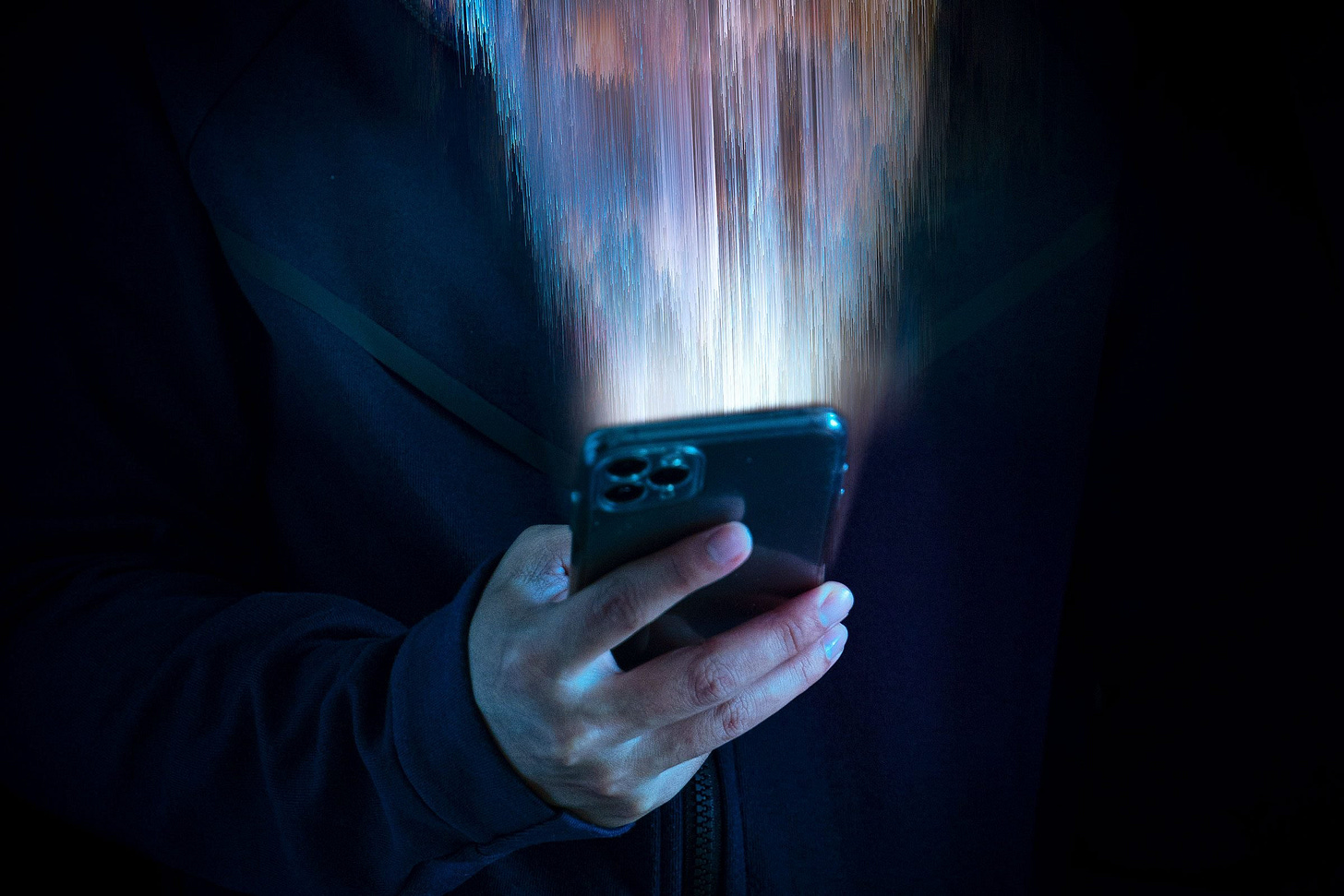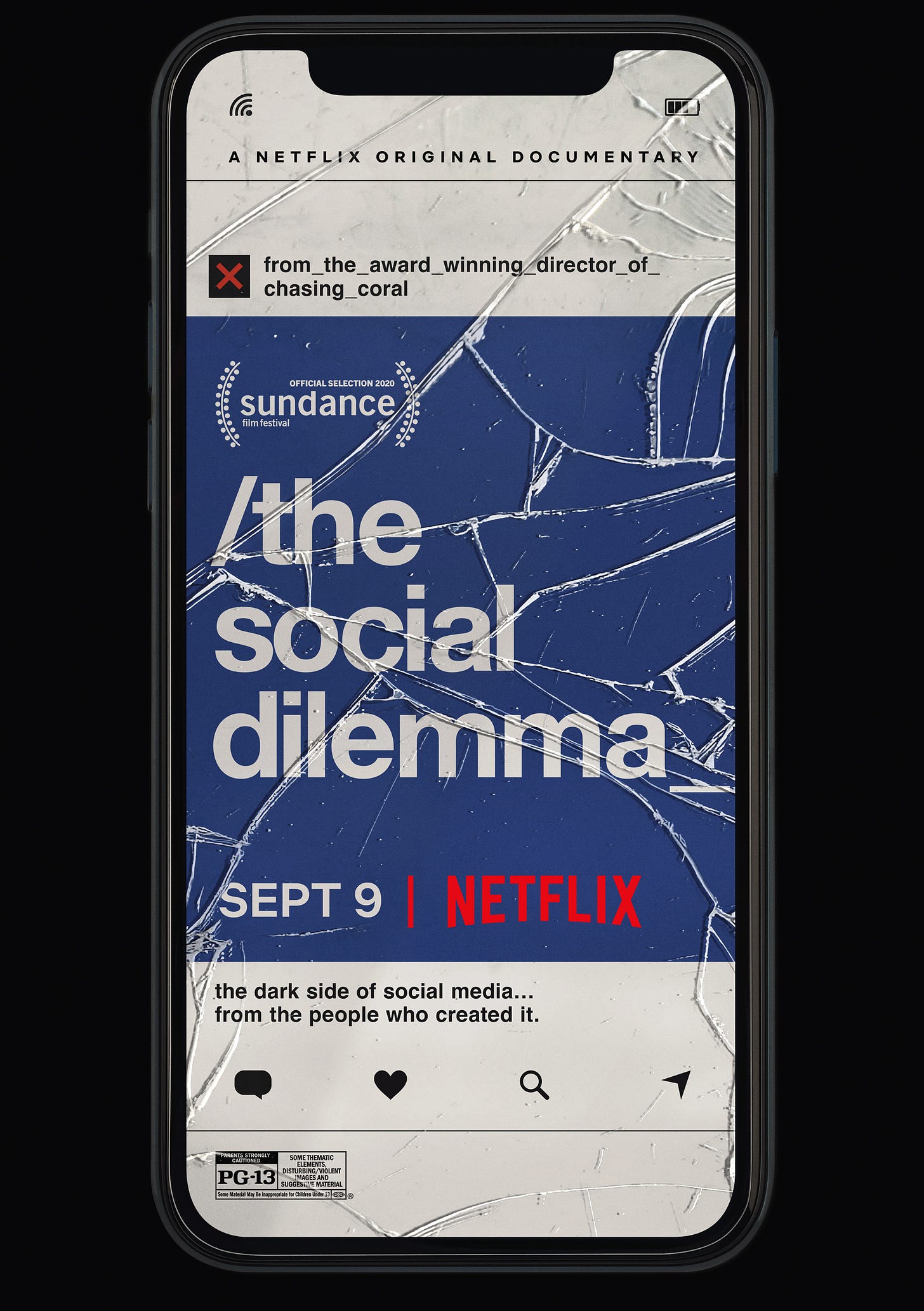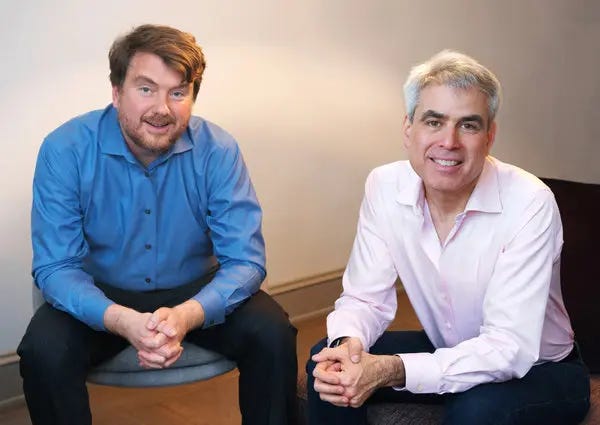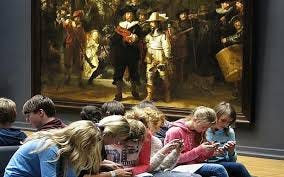Lethal Weapon
We carry our lives around in our hands. But cellphones and screentime have created a mental health crisis -- especially for kids -- for which no cure is in sight.
This piece was originally published on Sept. 28, 2021. But the topic — cell phones and social media — is even more relevant and consequential today than it was four years ago. The article has been edited and updated for 2025.
Among the confluence of events that led to my retirement from teaching at age 63 was the invasion of technology in the classroom.
It wasn’t my choice. I tried. Fought the good fight. But there was no winning this battle, not even a Pyrrhic victory. I got smoked. I was in a losing a classroom takeover by cellphones in the hands of unwitting American teenagers. Keep in mind that the kids weren’t the enemy. It was TikTok, Instagram, Snapchat and other dopamine-producing applications that siphoned their most precious classroom asset … their attention.
They were ruthless. And relentless. The usurpers who created these applications were too smart, unconscionably manipulative and brazenly uncaring. I was, at a teacher’s salary, pitted against youthful MENSA app developers in Silicon Valley whose pay scales and IQs exceed mine by factors of 100.
I had no chance.
Cell Power
In a few short years, the world surrendered to cell phones.
And why not? With them, living is easier, more convenient, more dynamic. You are tethered: your schedule, your contacts, your finances, all institutional transactions, online shopping, driving directions, stock portfolio ... even your A1C count rests in the palm of your hand. Access to every conceivable media, recorded, streamed or live, is all on demand.
And most importantly, it’s portable. You carry billions of times the processing power of those who sent Apollo 11 to the moon in 1969. But 50 years after Neil Armstrong took one small step for mankind, we took a giant leap into devolution.
Social scientists estimate that computing power has increased by an intrinsic value of 5 billion since the moon landing, and is progressing exponentially with quantum computing. Now we’re entering the uncharted age of Artificial Intelligence. The collective IQ of humanity over the same period is a bite-sized sine wave. We’re one or two chromosomes removed from monkeys, and now we’re armed with a dangerous weapon in our hands.
Neolithic brains, Medieval institutions and God-like technology
How do we adapt -- psychologically and socially -- to pairing this dynamic processing power with an appositely primal psyche?
We have Neolithic brains, Medieval institutions and God-like technology. — E.O. Wilson
The answer is … we haven’t.
Technology has always prompted seismic human change … from the Neolithic sparks of fire … to Gutenberg’s printing press … to the collaborative efforts of Gates-Allen and Jobs-Wozniak in the 1970s. But we have always caught up cognitively and behaviorally. Until now.
As a species, we are remarkably enterprising and imaginative, and yet in the 21st century, the more technology advances, the more imprudent and shortsighted we have become. Social media, born with good intent and cute emojis, has evolved into a Darwinian nightmare.
The Social Dilemma
The Netflix documentary "The Social Dilemma" raised red flags about the unintended consequences of social media. Specifically, the young architects at Google, YouTube, Facebook, Instagram and others testified to their part in the
unexpected and destructive transformation in human behavior. Their commentary ran from surprise to discomfort to anxiousness to extreme guilt. One thing they have in common … all admit to guilt, like Victor Frankenstein did, for creating a monster.
Technology has contributed as much anxiety, depression, dysphoria, divisiveness, political polarization and toxic behavior as any weapon of mass destruction. William Golding’s 1954 Nobel Prize-winning novel, Lord of the Flies, brought to light mankind’s savage and tribal nature. Today, the trifecta of culture wars, Social Media and political polarization has created a new Jack versus Ralph dichotomy.
In The Social Dilemma, the Millennial whiz kids admitted that their good intentions of creating technology to connect people have been hijacked by profiteering and corrupted by cultural and political forces at the expense of our collective psyches.
The Coddling of the American Mind
In their 2018 book, The Coddling of the American Mind, NYU social psychologist Jonathan Haidt and attorney Greg Lukianoff point to the damaging effects of social media on the most recent generational distinction, Gen Z. These are children born in the mid-1990s and have entered college within the last seven years. Gen Z is so named because it is the first generation born into Internet technology and the subsequent birth of Social Media.
The spike is dramatic … overall cases of anxiety and depression have gone up more than 90 percent among teen boys compared to the previous decade, and an even more drastic 140 percent among teen girls. — The Coddling of the American Mind
Haidt and Lukianoff explore the confluence of events affecting Gen Z, beginning with the overprotective nature of their parents, the origins of Social Media and the introduction of the iPhone in 2007. They point to an extreme spike in psychological disorders among teenagers beginning in or around 2012, particularly anxiety and depression.
The spike is dramatic … overall cases of anxiety and depression have gone up more than 90 percent among teen boys compared to the previous decade, and an even more drastic 140 percent among teen girls. Haidt and Lukianoff point directly to the proliferation of cell phones among teens and the causal impact of Social Media.
Haidt further explored these themes in his follow-up book, The Anxious Generation, published earlier this year. Some progress has been made. School districts around the country have been implementing in-school policies limiting and even prohibiting cell phone use during school hours.
Whose Fault?
Still, it begs the question: why are young people so sensitive and vulnerable? This psychopathy isn’t from a readily available drug. It is behavioral, which carries the same psychological and physiological-response gremlins (dopamine deficit/excess) as any substance, regardless of age.
We instinctively know this; still, we’re placing phones in their hands before they’re 10. So we’re voluntarily hooking up these kids to smartphones at an early age — with unfettered access to Social Media — and as a result are accelerating the addiction process to a far less mature brain.
Does the responsibility lie with well-intentioned but misguided parenting? After all, whose behavior is being modeled? Or are the technology gurus who created this Godzilla in the first place to be held culpable?
According to a survey conducted in February 2021, nearly half of the respondents stated that, on average, they spent five to six hours on their phone daily, not including work-related use. Today, research indicates many younger people, especially Gen Z, are averaging up to eight hours on screen, some even more.
We are wholly dependent on them. In fact, we are addicted to them. Don’t think so? Put your phone out of reach for 24 hours. Make it completely inaccessible. How long will it be before anxiety stabs you? Even if it’s not in your hands, but within reach, when you hear the notification “ding” can you resist?
Put your phone out of reach for 24 hours. Make it completely inaccessible. How long will it be before anxiety stabs you? Even if it’s not in your hands, but within reach, when you hear the notification “ding,” can you resist?
I can tell you from experience, a 16-year-old can’t.
Face it. We’re not merely obsessive-compulsive. We’re addicted. Further, I posit that the more “connected” we are, the more isolated and insular we become. It is the feral nature of the beast. Worst of all, we’re actively addicting your children. And it’s dangerous. Dr. Haidt compared buying a child a cellphone to “giving a 4-year-old a loaded gun.”
Take it from an ex-educator. Your children’s education and future are at stake.
##
Jim Geschke was inducted into the prestigious Marquis Who’s Who Registry in 2021.









I totally agree. Having taught online for over 15 years, I saw, first-hand, the gradual movement toward the phenomena of which he speaks. Younger teachers, in the spirit of "being in with the tech crowd," developed curricula using social media as the main platform. Google today has complete classrooms and assorted "assistance" to cater to this, and it really took hold during the COVID-19 lock-downs. Now that the Administrations have seen the "cost savings," I can't see much changing for the better. I included one "futuristic short story" in my award-winning volume VALLEY OF THE DOGS, DARK STORIES. It's about an English professor who is admitting the first students who have had surgical AI implants. That's where I think we're headed, and it won't be a very pretty sight or experience, especially for the kids who can't "keep up" or are from the wrong socioeconomic class. I think the future will probably have 12-Step programs for tech addictions, but, as it is with booze, maybe 1 in 4 will ever be cured, as this addiction will be mainlined throughout our education establishment. Just my opinion. 😟